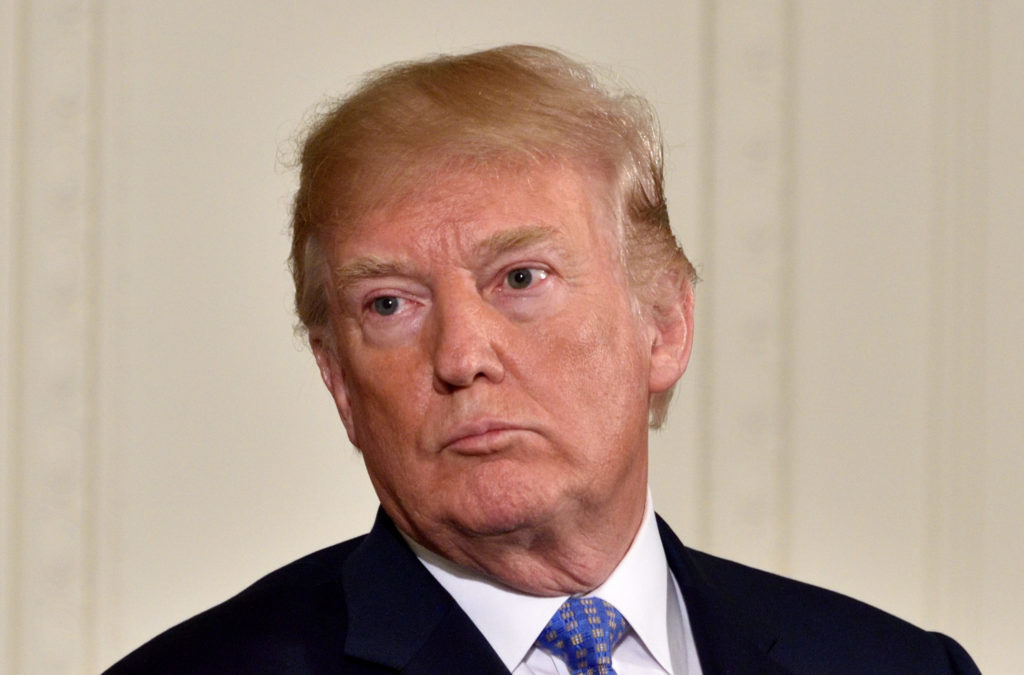2023-10-30T23:33:39Z

Japanese national flag is hoisted atop the headquarters of Bank of Japan in Tokyo, Japan September 20, 2023. REUTERS/Issei Kato
The Bank of Japan will likely revise up its inflation forecasts and discuss further tweaks to its bond yield control at its policy meeting on Tuesday, amid growing expectations the days of the controversial monetary tool are numbered.
The Japanese yen climbed to a two-week peak against the dollar after the Nikkei newspaper reported on Monday that the BOJ would consider making adjustments to its yield curve control (YCC) at the two-day meeting ending on Tuesday.
One of the ideas the BOJ will consider at its meeting is to allow the 10-year Japanese government bond (JGB) yield to rise above a 1% cap by revising its current guidance to conduct unlimited bond buying operations to defend that level, the Nikkei said.
“The BOJ will probably explain any such move as a technical adjustment instead of a big policy shift,” said Toru Suehiro, an economist at Daiwa Securities.
“JGB yields are already moving quite freely. Having them move even more freely won’t lead to a big change in markets.”
The BOJ sets a target of around 0% for the 10-year yield under YCC. Under criticism that its heavy defence of the cap is causing market distortions and an unwelcome yen fall, it raised its de-facto ceiling for the yield to 1.0% from 0.5% in July.
Since then, rising global bond yields and persistent inflation have put the BOJ in a tight spot with the 10-year JGB yield threatening to breach the 1% cap.
Sources told Reuters last week the BOJ could debate further tweaks to YCC at the Oct. 30-31 meeting to relax its grip on the 10-year yield.
Any such move would underpin the yen ahead of the U.S. Federal Reserve’s expected decision to keep interest rates steady at its rate review on Wednesday.
The BOJ is widely expected to maintain the 0% target for the 10-year yield and that for short-term rates at -0.1%.
In fresh quarterly forecasts due after the meeting, the BOJ is likely to revise up its projections to forecast inflation hitting or exceeding its 2% target this year and next.
But the bank is seen projecting slower inflation in 2025, reflecting weaker growth and uncertainty over next year’s wage negotiations in Japan.
Japan remains a dovish outlier among global central banks that have mostly hiked rates aggressively in recent years to combat rampant inflation.
By allowing yields to rise more, the BOJ reduces the need to ramp up bond buying and load up its already big balance sheet.
But loosening its control on Japanese yields now could heighten already increasing expectations of a near-term exit, triggering market volatility.
Despite repeated assurances by BOJ Governor Kazuo Ueda that ultra-low interest rates will stay, markets are already predicting a policy shift early next year.
Nearly two-thirds of economists polled by Reuters expect the BOJ to end negative rates next year.
Inflation has stayed above the BOJ’s 2% target for the 18th straight month in September. Surveys have shown heightening inflation expectations, which lower the real cost of borrowing.
Markets are focusing on Ueda’s post-meeting briefing for clues on how soon the BOJ could embark on a full-fledged exit.
(This story has been refiled to correct a typo in paragraph 2)





